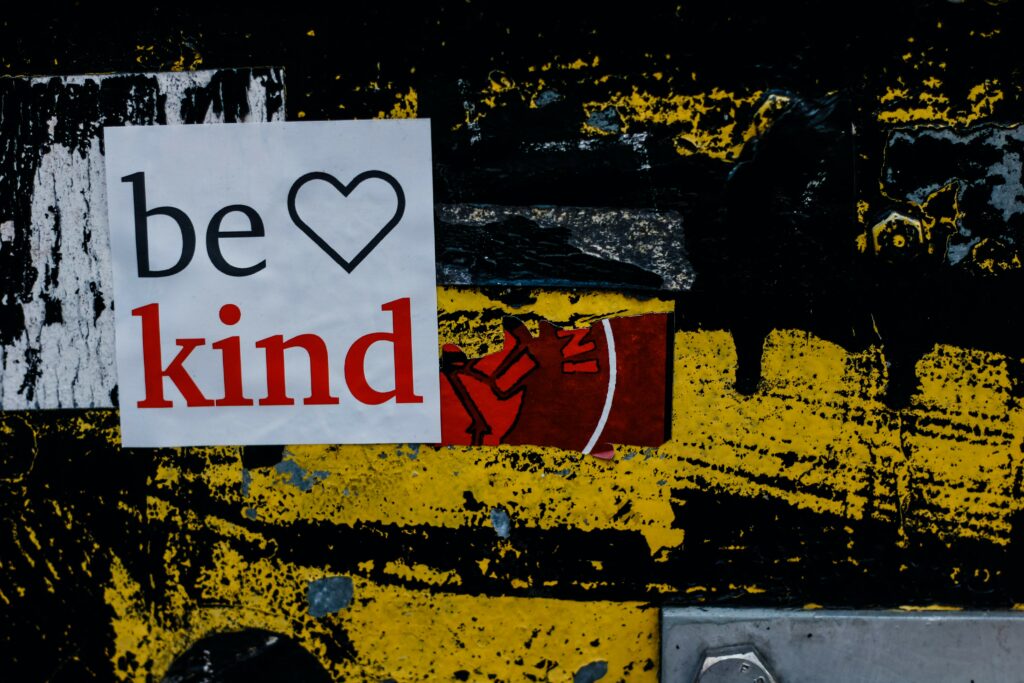imagination
The Scissors of the Mind
Imagination is the scissors of the mind.
It cuts away limitations.
It shapes reality.
With each snip, you can refine your journey.
Imagine vividly.
Craft your destiny.
Cutaway doubts.
And craft success.
Your mind holds power.
Harness it, and the world becomes your canvas.
"Imagination is the scissors of the mind, shaping the masterpiece of your life." – Mike Brewer Share on XShare this:
Unlocking Creativity: How Attention to Detail Transforms Problem-Solving
The power of observation lies in the most minor detail.
We do the rep necessary to craft innovative solutions by diving deep into the specifics.
The tiny nuances often hold the clues to unlocking complex problems.
This focused attention sharpens our problem-solving skills.
It also enriches our creative thinking.
No matter how small, every detail is a piece of the puzzle, shaping our understanding.
Embracing this mindset and buckle up for the future.
Hashtags: #CreativityBoost #InnovationMindset #DetailOriented #ProblemSolving #ImaginationFuel #BreakthroughThinking #ComprehensiveInsight
Share this:
Unlocking Personal and Professional Growth: The Power of Inner Child

Photo by Kelly Sikkema on Unsplash
Inner child work is a therapeutic approach that involves exploring and healing childhood wounds, traumas, and unmet needs. It is a powerful tool that can help individuals to reconnect with their authentic selves, build resilience, and enhance their personal and professional development. It’s hard work and is often ignored in our quest to become leaders in the multifamily space and life.
Let’s explore how inner child work can be applied in a professional development context. And know this; it’s work worth doing.
- Building self-awareness and emotional intelligence
Inner child work involves exploring and processing suppressed or ignored emotions in childhood. By doing so, individuals can better understand their emotional landscape and develop greater emotional intelligence. This can be particularly helpful in a professional context where individuals must navigate complex relationships, manage conflicts, and make sound decisions. By being more in tune with their emotions, individuals can make better choices and communicate more effectively with others.
- Enhancing Creativity and Innovation
The inner child represents a person’s playful, curious, and imaginative side. Individuals can tap into their creativity and innovation by reconnecting with this aspect of themselves. This can be particularly helpful in professions requiring individuals to develop new ideas, approaches, and solutions. By accessing their inner child, individuals can generate fresh perspectives and insights leading to breakthroughs and innovation.
- Developing resilience and coping skills
Childhood traumas and wounds can impact individuals and affect their ability to cope with stress, setbacks, and challenges. Inner child work can help individuals to heal these wounds and develop resilience and coping skills. By doing so, individuals can better handle difficult situations, bounce back from failures, and persevere in adversity.
- Building healthy relationships
Childhood wounds and traumas can affect how individuals form and maintain relationships. By exploring and healing these wounds, individuals can improve their ability to connect with others healthfully and meaningfully. This can be particularly helpful in a professional context where relationships are essential for success. Individuals can enhance their communication, collaboration, and teamwork skills by building healthy relationships.
To summarize, inner child work can be a powerful personal and professional development tool. Individuals can build self-awareness, emotional intelligence, creativity, resilience, coping skills, and healthy relationships by exploring and healing childhood wounds. To explore inner child work, consider working with a trained therapist or coach who can guide you.
Share this:
All I really need to know I learned in Kindergarten

Photo by Randalyn Hill on Unsplash
“All I really need to know I learned in Kindergarten” is a famous quote by Robert Fulghum, and it’s a reminder of the simple yet profound lessons that we learn in our early years. Though these lessons may seem small and insignificant at the time, they shape who we are and how we interact with the world around us.
One of the most important lessons that we learn in Kindergarten is the importance of sharing. Sharing is not just about giving something to someone else; it’s about understanding that we are all connected and that by helping others, we are helping ourselves. Whether it’s sharing a toy, a snack, or a kind word, we learn that we can create a better and more harmonious world by being generous and thoughtful.
Another important lesson that we learn in Kindergarten is the importance of kindness. Kindness is a simple yet powerful act that can change the world. Small acts of kindness make the most significant impact, like holding the door open for someone or saying please and thank you. When we are kind to others, we create a sense of community and belonging and make the world a better place for everyone.
We also learn the importance of being honest and truthful. Honesty is fundamental to building trust and respect in our relationships. When we know to be honest, we learn that the truth can be hard to hear, but it’s always better than a lie. We also understand that being honest with ourselves is just as important as being honest with others.
Lastly, we learn the importance of play and imagination. Play is not just a way to pass the time; it’s a way to learn, grow, and create. Through play, we learn to explore, experiment, and take risks. We know that it’s okay to make mistakes and to have fun. Play also helps us develop our imagination, an essential tool for creativity and innovation.

